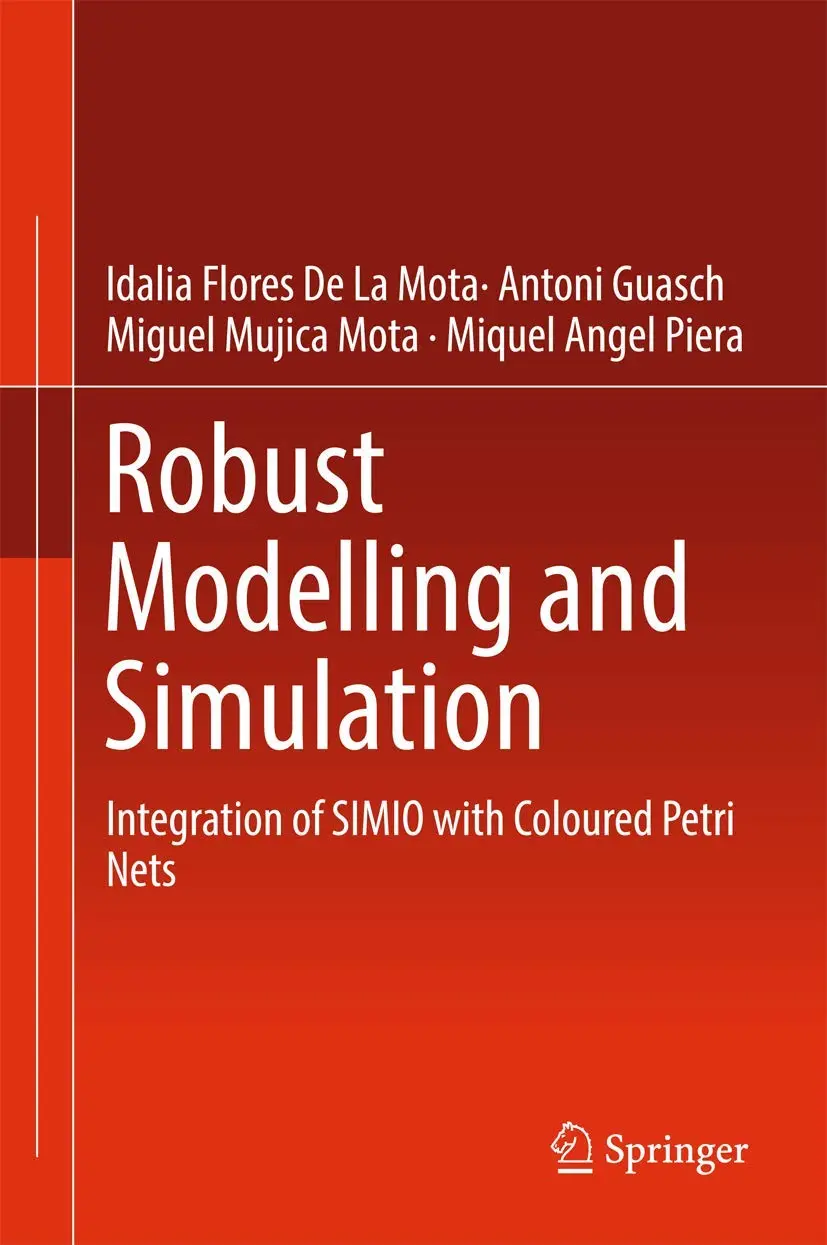About Me
I am an Associate Professor at the Aviation Academy of the Amsterdam University of Applied Sciences in The Netherlands and Scientific Director for International Group on Aviation and Multimodal Transport Research (IGAMT). I have PhD on O.R and Industrial Informatics. I am also the current president of DBSS the Dutch Benlux Simulation Society
My Publications
This book presents for the first time a methodology that combines the power of a modelling formalism such as colored petri nets with the flexibility of a discrete event program such as SIMIO.
Books

Industrial practitioners have seen the growth of simulation as a methodology for tacking problems in which variability is the common denominator
Applied Simulation and Optimization 2
Building on the author’s earlier Applied Simulation and Optimization, this book presents novel methods for solving problems in industry, based on hybrid simulation-optimization
Read More
Applied Simulation and Optimization
Presenting techniques, case-studies and methodologies that combine the use of simulation approaches with optimization techniques for facing problems in manufacturing, logistics, or aeronautical problems
Read More
Modelos de Simulaciòn usando SIMIO y Redes de Petri (Spanish Edition)
Read MoreAnalyzing Airport Capacity by Simulation: A Mexican Case Study
Read MoreNew Book Coming up
Schedule & Deadlines
8th June 2025
Submission of the 2nd version of accepted book chapters
- Date: 7:00 PM December 3 2018
- Location: NO.445 ABC Road, London
- Charge: $34/person
30th June 2025
Feedback from the editors if all criteria are met (e.g. page count, correct template, review comments addressed, appropriate English language, etc.)
- Date: 7:00 PM December 3 2018
- Location: NO.445 ABC Road, London
- Charge: $34/person
15th August 2025
Final manuscripts to be sent to Springer-Verlag. Thereafter manuscripts cannot be updated (strict deadline)
- Date: 7:00 PM December 3 2018
- Location: NO.445 ABC Road, London
- Charge: $34/person
